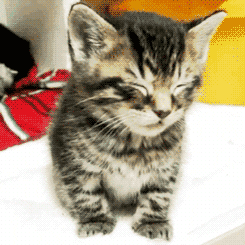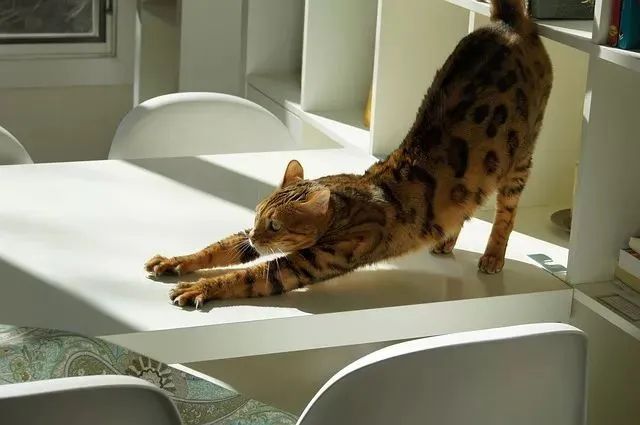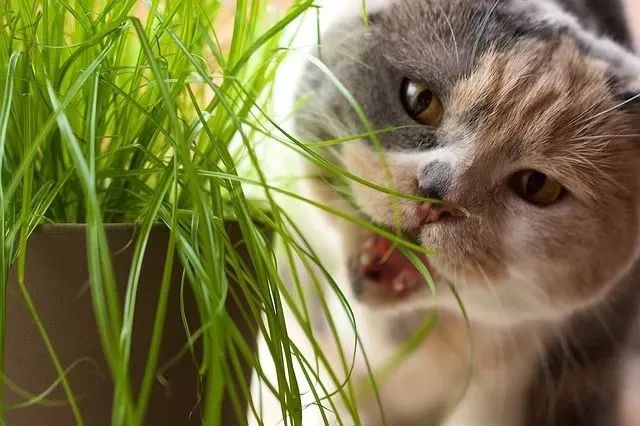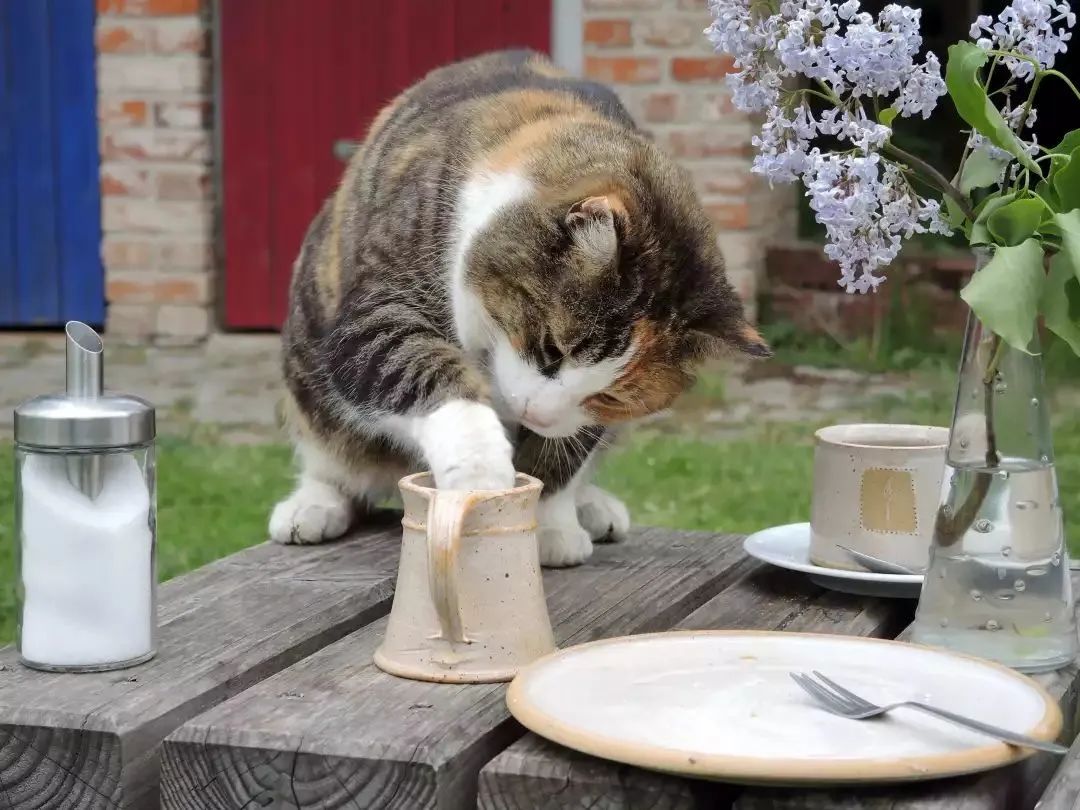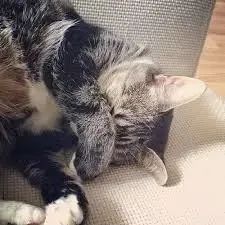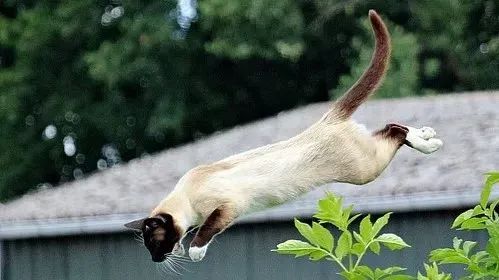[1] Petrie KJ, Powell D, Broadbent E. Fatigue self-management strategies and reported fatigue in international pilots. Ergonomics. 2004;47(5):461-468.
[2] Lagarde D, Batejat D. Some measures to reduce effects of prolonged sleep deprivation. Neurophysiol Clin. 1995;25(6):376-385.
[3] Carter SE, Draijer R, Holder SM, et al. Regular walking breaks prevent the decline in cerebral blood flow associated with prolonged sitting. J Appl Physiol (1985). 2018;125(3):790-798.
[4] Dogra S, Wolf M, Jeffrey MP, et al. Disrupting prolonged sitting reduces IL-8 and lower leg swell in active young adults. BMC Sports Sci Med Rehabil. 2019;11:23.
[5] Miyashita M, Edamoto K, Kidokoro T, et al. Interrupting Sitting Time with Regular Walks Attenuates Postprandial Triglycerides. Int J Sports Med. 2016;37(2):97-103.
[6] Restaino RM, Holwerda SW, Credeur DP, et al. Impact of prolonged sitting on lower and upper limb micro- and macrovascular dilator function. Exp Physiol. 2015;100(7):829-838.
[7] Randolph DD, O'Connor PJ. Stair walking is more energizing than low dose caffeine in sleep deprived young women. Physiol Behav. 2017;174:128-135.
[8] Dashti HS, Scheer FA, Jacques PF, et al. Short sleep duration and dietary intake: epidemiologic evidence, mechanisms, and health implications. Adv Nutr. 2015;6(6):648-659.
[9] Kruger AK, Reither EN, Peppard PE, et al. Do sleep-deprived adolescents make less-healthy food choices? Br J Nutr. 2014;111(10):1898-1904.
[10] Alzoubi KH, Khabour OF, Rashid BA, et al. The neuroprotective effect of vitamin E on chronic sleep deprivation-induced memory impairment: the role of oxidative stress. Behav Brain Res. 2012;226(1):205-210.
[11] Mhaidat NM1, Alzoubi KH2, Khabour OF, et al. Exploring the effect of vitamin C on sleep deprivation induced memory impairment. Brain Res Bull. 2015;113:41-47.
[12] Jang SI, Lee M, Han J, et al. A study of skin characteristics with long-term sleep restriction in Korean women in their 40s. Skin Res Technol. 2019. [Epub ahead of print]
[13] Kim MA, Kim EJ, Kang BY, et al. The effects of sleep deprivation on the biophysical properties of facial skin. J Cosmetics Dermatol Sci Appl. 2017;7:34-47.
[14] Akdeniz M, Tomova-Simitchieva T, Dobos G, eta l. Does dietary fluid intake affect skin hydration in healthy humans? A systematic literature review. Skin Res Technol. 2018;24(3):459-465.
[15] Bonnet MH, Balkin TJ, Dinges DF, et al. The use of stimulants to modify performance during sleep loss: a review by the sleep deprivation and Stimulant Task Force of the American Academy of Sleep Medicine. Sleep. 2005;28(9):1163-1187.
[16] Hamidovic A, de Wit H. Sleep deprivation increases cigarette smoking. Pharmacol Biochem Behav. 2009;93(3):263-269.
[17] Thakkar MM, Sharma R, Sahota P. Alcohol disrupts sleep homeostasis. Alcohol. 2015;49(4):299-310.
[18] Reid KJ, Abbott SM. Jet Lag and Shift Work Disorder. Sleep Med Clin. 2015;10(4):523-535.
[19] Ruggiero JS1, Redeker NS. Effects of napping on sleepiness and sleep-related performance deficits in night-shift workers: a systematic review. Biol Res Nurs. 2014;16(2):134-142.
[20] Oriyama S, Miyakoshi Y. The effects of nighttime napping on sleep, sleep inertia, and performance during simulated 16 h night work: a pilot study. J Occup Health. 2018;60(2):172-181.
[21] Kemper M. The role and effectiveness of napping on the work performances of shift workers. Work. 2001; 16:153.
[22] 中华医学会眼科学分会眼视光学组. 视疲劳诊疗专家共识(2014年). 中华眼视光学与视觉科学杂志. 2017;16(7):385-387.
[23] Hilditch CJ, Dorrian J, Centofanti SA, et al. Sleep inertia associated with a 10-min nap before the commute home following a night shift: A laboratory simulation study. Accid Anal Prev. 2017;99(Pt B):411-415.
[24] Faraut B, Nakib S, Drogou C, et al. Napping reverses the salivary interleukin-6 and urinary norepinephrine changes induced by sleep restriction. J Clin Endocrinol Metab. 2015;100(3):E416-426.
[25] Faraut B, Boudjeltia KZ, Dyzma M, et al. Benefits of napping and an extended duration of recovery sleep on alertness and immune cells after acute sleep restriction. Brain Behav Immun. 2011;25(1):16-24.
[26] Takahashi M, Arito H. Maintenance of alertness and performance by a brief nap after lunch under prior sleep deficit. Sleep. 2000;23(6):813-819.
[27] Arnal PJ, Sauvet F, Leger D, et al. Benefits of Sleep Extension on Sustained Attention and Sleep Pressure Before and During Total Sleep Deprivation and Recovery. Sleep. 2015;38(12):1935-1943.
[28] Sauvet F, Arnal PJ, Tardo-Dino PE, et al. Beneficial effects of exercise training on cognitive performances during total sleep deprivation in healthy subjects. Sleep Med. 2019;65:26-35.
[29] Sauvet F, Arnal PJ, Tardo-Dino PE, et al. Protective effects of exercise training on endothelial dysfunction induced by total sleep deprivation in healthy subjects. Int J Cardiol. 2017;232:76-85.
[30] Roberts SSH, Teo WP, Aisbett B, et al. Effects of total sleep deprivation on endurance cycling performance and heart rate indices used for monitoring athlete readiness. J Sports Sci. 2019;37(23):2691-2701.
[31] Mejri MA, Yousfi N, Hammouda O, et al. One night of partial sleep deprivation increased biomarkers of muscle and cardiac injuries during acute intermittent exercise. J Sports Med Phys Fitness. 2017;57(5):643-651.
[32] Ozer O, Ozbala B, Sari I, et al. Acute sleep deprivation is associated with increased QT dispersion in healthy young adults. Pacing Clin Electrophysiol. 2008;31(8):979-984.
